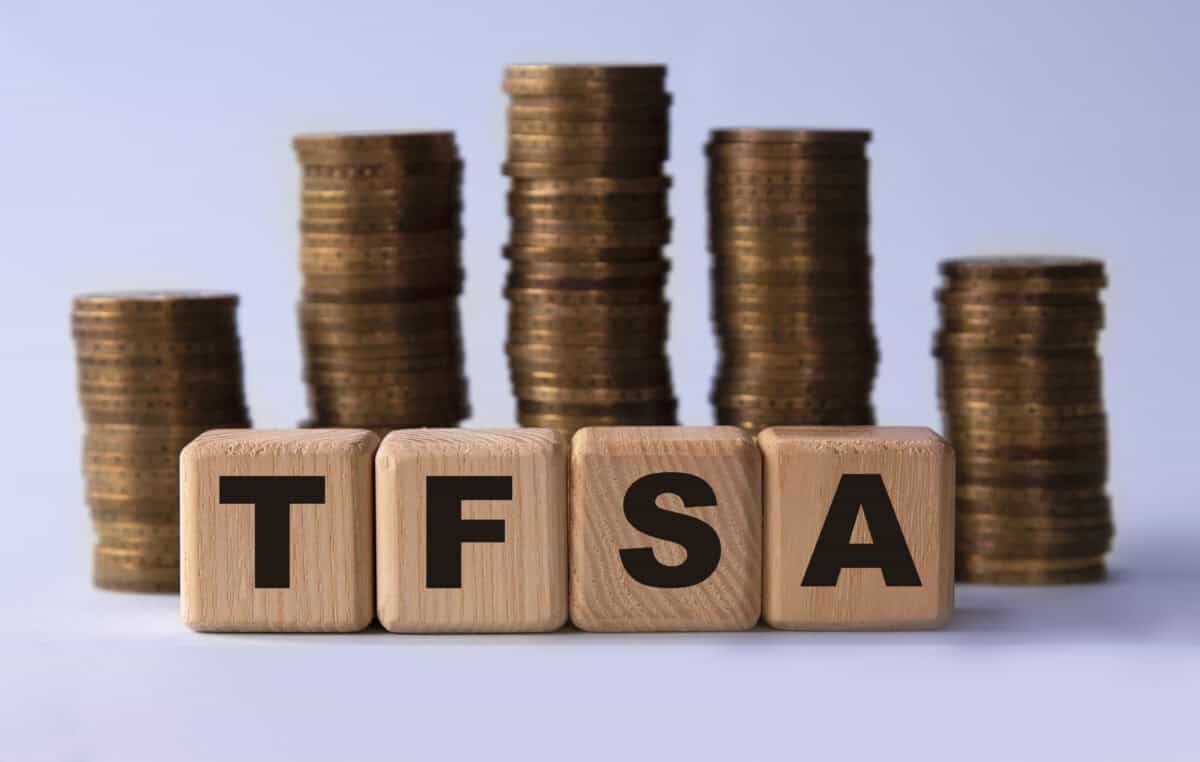Do you want to earn a Tax-Free Savings Account (TFSA) paycheque every month and pay no taxes on it?
On the surface, it seems rather simple. The TFSA is a tax-sheltered account, and some stocks/exchange-traded funds (ETFs) pay monthly dividends. Shouldn’t it be a simple matter of buying one such stock/fund and holding on to it?
Theoretically, yes, but there are two problems here:
- You can get taxed for breaking TFSA rules, such as contributing too much money, holding non-approved investments, or using the account to conduct a day trading business. In this scenario, you may earn a “paycheque” of sorts, but you will pay significant taxes on it.
- Insisting on a monthly (rather than quarterly) payout schedule. This results in an extreme narrowing of your investment universe, making good opportunities hard to find. Here, the risk is you get carried away with your desire for a monthly payout and buy a lousy investment whose “paycheque” is cancelled due to financial problems.
So, there are many ways to not collect a paycheque in your TFSA, and there are many ways to pay taxes on TFSA assets. With that in mind, here are some thoughts on how to get a monthly TFSA paycheque and pay no taxes on it.
Achieve monthly payouts through diversification rather than monthly paying dividend stocks
Picking monthly pay dividend stocks is a tricky business, as it involves narrowing your investment universe on a criterion not related to fundamental quality. What you can do instead is diversify widely so that you have multiple stocks paying dividends on multiple different payout schedules. This will give you dividends on a monthly schedule, although the monthly amounts will vary.
If you really want to look at monthly-pay dividend stocks, you could consider something like First National Financial (TSX:FN). In my time covering monthly paying dividend stocks, I’ve found over and over again that this one is pretty good. Going by the published financial metrics, it is a very high-quality company, boasting the following:
- A 34% net income margin
- A 41% return on equity
- 11.24% five-year compounded annual revenue growth
- 11.7% five-year compounded annual earnings growth
- No deposits, so there is lesser yield curve risk compared to a conventional bank
- A nine price-to-earnings ratio
I’m pretty confident that First National is worth holding in a diversified portfolio for the reasons outlined above. However, I don’t say this with “put ALL of your money in this stock” conviction. Like many financials, it is very leveraged, and that creates certain risks.
Don’t break TFSA rules
Once you’ve got a list of suitable TFSA investments lined up, your next task is to not get taxed. This is mostly about obeying the TFSA rules. To summarize them briefly:
- You can’t contribute more than your limit. If you do this, you pay a 1% monthly tax on the excess amount. You may read articles online simplistically saying that the TFSA has a $95,000 contribution limit. The truth is it depends on your age. If you turned 18 just this year, your limit is only $7,000.
- You can’t hold non-approved investments. If you try putting shares of a company you run into a TFSA, the CRA will probably find out about it and tax you.
- You can’t run a full-time day trading business in your TFSA. If the CRA notices that you have, say, a $1,000,000 TFSA balance, they’re going to wonder how you earned such outsized returns. If they find that you have no job and have been day trading full-time in your TFSA, they might classify you as a business and tax you accordingly.
Well, there you have it. If you invest in a diversified stock portfolio and don’t break any account rules, you can earn a monthly paycheque in your TFSA and pay no taxes on it. There are some nuances to the topic, but what I’ve written here is about the gist of it.









